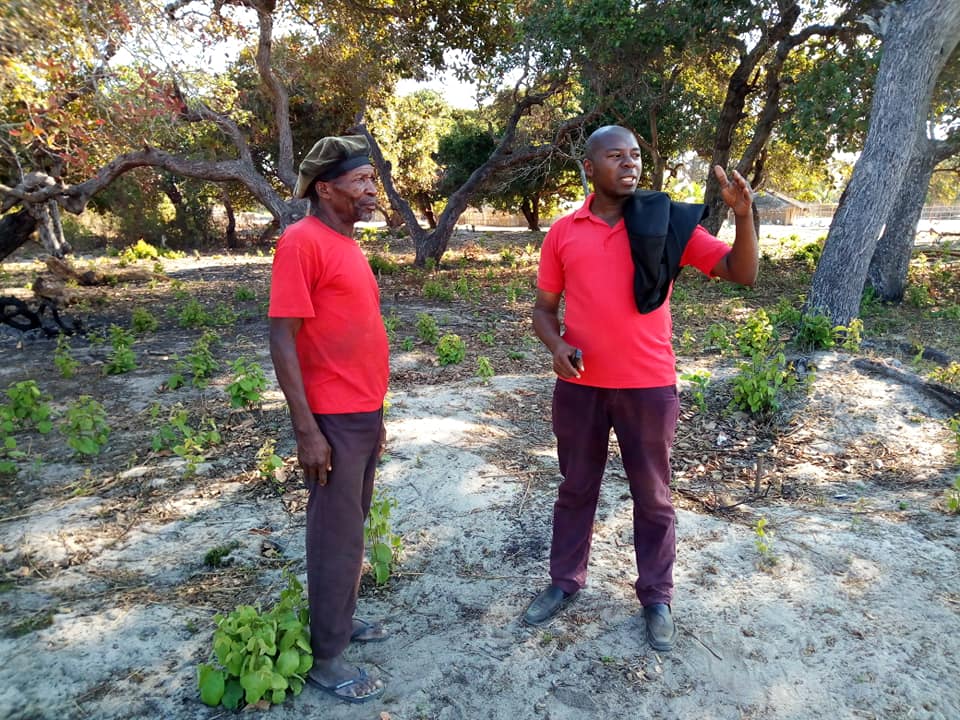Mozambique's Northern Insurgency — Top Story — Ahlu Sunnah Wa-Jamâ — Amade Abubacar — Cabo Delgado Attacks — FADM — PRM
Uncaught Tuna: Free Amade Abubacar
The government continues a terrifying crackdown on media in Cabo Delgado, but the most effective way to fight an insurgency is by giving civilians more access to information - not less








